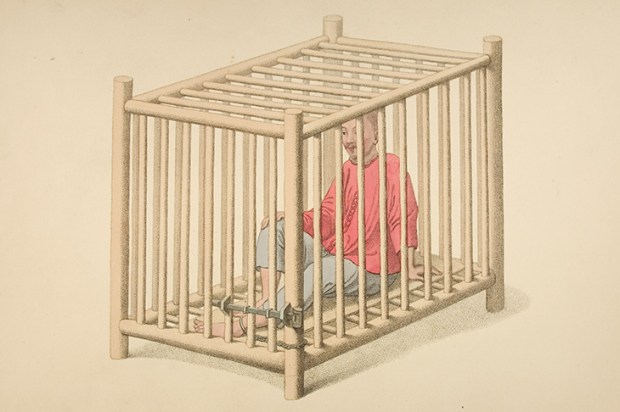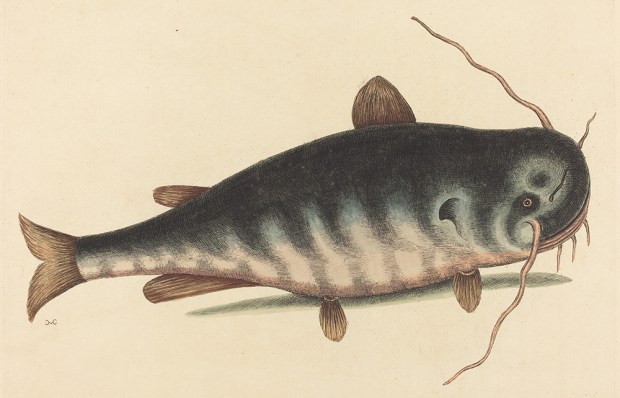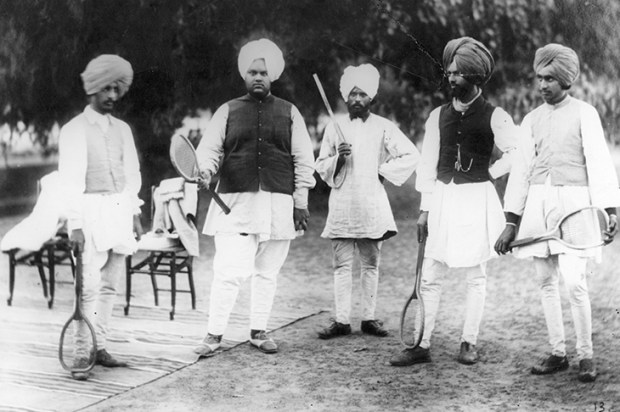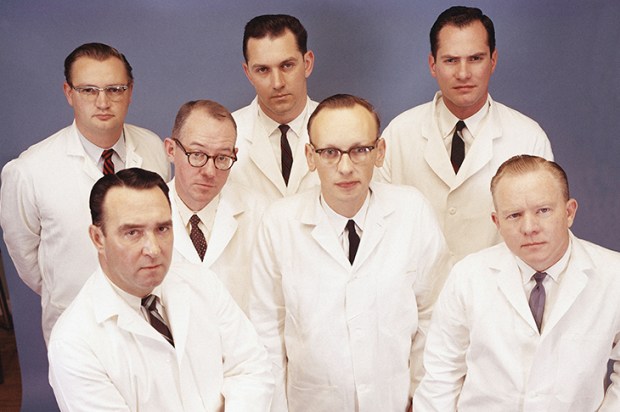Everyone who has ever worked in an election campaign knows what a ‘corflute’ is. We have all seen them even if we never knew what they were called. ‘Corflutes’ are those posters advertising a candidate for election in your local area. You see them stuck up in front yards, on power poles (which is illegal), in shop windows, plastered on any empty brick wall – all over the place. A ‘corflute’ consists of two sheets of stiff, flat plastic with a corrugated (or ‘fluted’) sheet of plastic in the middle that keeps the sign rigid. So where does this odd name come from? To begin with, it is an Australian coinage. Election signs are not called ‘corflutes’ anywhere else in the world. This is because ‘Corflute’ began life as a trademark, registered in 1970 by Corex Plastics (Australia) Pty Ltd of Melbourne. Since then it has become a generic name for this kind of signage. (There are lots of similar words: aspirin, cellophane, biro, kerosene, linoleum, thermos, videotape and a host of others that started out as registered trademarks and became generic words.) Presumably the Corex Plastic company didn’t object, because it promoted their own product. The only dictionary in which I could find ‘corflute’ as a headword was the Macquarie Dictionary which offers the following definition: ‘A type of stiff, weatherproof plastic sheeting, consisting of two flat surfaces with a corrugated inner layer, which can be printed on for making temporary signage.’ To which the Macquarie helpfully adds, ‘used by people running for election’. What puzzles me is who pays for the ‘corflutes’ for so-called ‘independent’ candidates? Because these things are produced in large numbers (as we all, sadly, know) so they can’t be cheap.
‘Untoward’ is one of those odd words that used to puzzle me when I was a small boy in short pants. I could understand what ‘towards’ meant, but this word ‘untoward’ seemed pointless. If, instead of going ‘towards’ something you were being ‘untoward’ didn’t that just mean you were going backwards? Well, no. The Merriam-Webster says ‘untoward’ is a formal word that describes something that is improper or inappropriate, or that is adverse or unfavourable. They give such examples as, ‘The investigation found that nothing untoward had happened at the event’ and ‘The medication is safe and effective, with no known untoward side effects.’ So I get it. But it still strikes me (and its Old Kel we’re talking about now) as an oddly constructed word. Why take a familiar word such as ‘toward’ and then negate it with an ‘un-’ and tell us it has nothing to do with direction, but instead is all about being appropriate and proper? How did that come about? It seems that as long ago as 1526 this strange word ‘untoward’ was being used exclusively of animals. Your cow or your sheep could be called ‘untoward’ if it was ‘Difficult to manage, restrain, or control; intractable, unruly, perverse’ (The Oxford English Dictionary). There you are, trying to drive your sheep or cattle into the home yard so they can be shut in for the night and you can go home to a nice warm house and have your supper. But there is one animal in the herd (there’s always one, isn’t there?) that is contradictory and just won’t behave as it’s told. While the others all trot dutifully towards the home yard the contrary one is bouncing off in another direction. While the others head ‘towards’ the correct gate, the difficult one is behaving in an ‘untoward’ manor. That, as far as I can work out, is the birth of the word. When you shift from animals to humans you get behaviour that is ‘improper’ or ‘inappropriate’ –and this, too, gets to be labelled ‘untoward’.
Got something to add? Join the discussion and comment below.
Contact Kel at ozwords.com.au
You might disagree with half of it, but you’ll enjoy reading all of it. Try your first month for free, then just $2 a week for the remainder of your first year.













